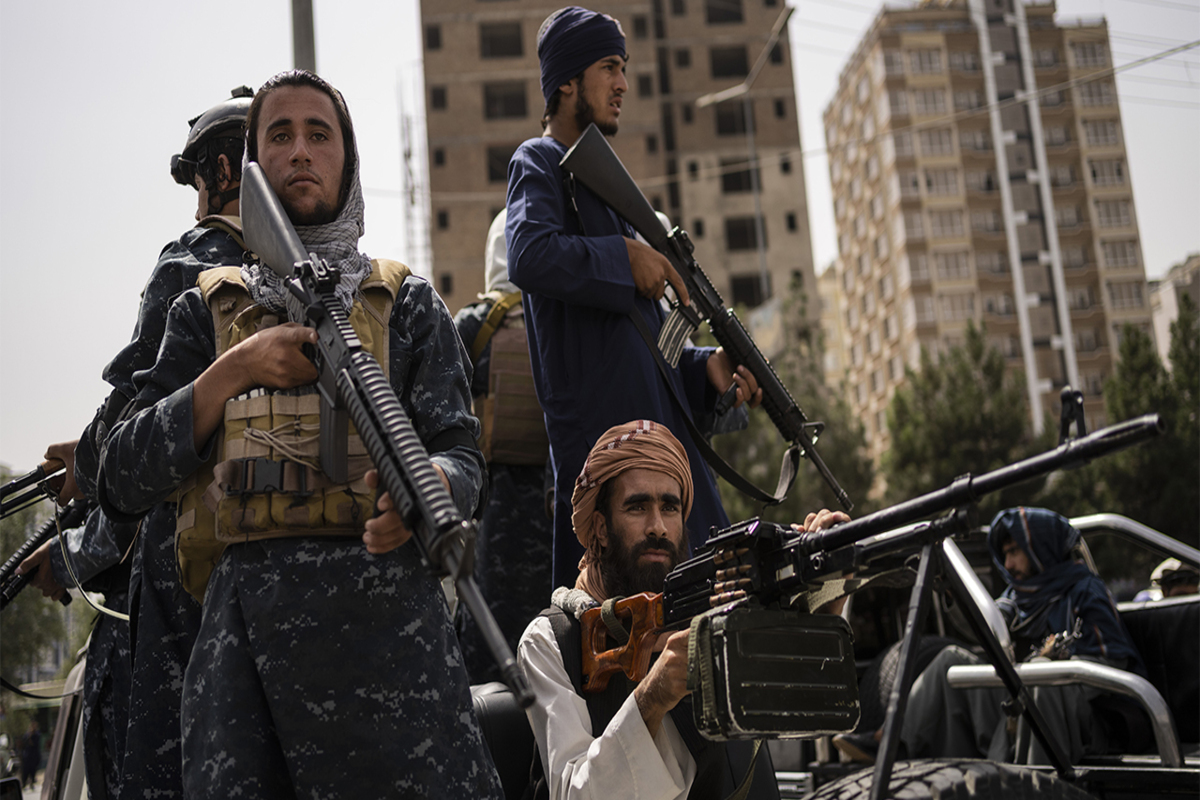Post the Taliban took control of Afghanistan, the international community as a whole is concerned about the affinity of the group with other terrorist organizations. Iran also expressed alarm, warning that terrorism in Afghanistan poses a threat to regional and global security, reported The Khaama Press.
According to Zahra Ershadi, ambassador and deputy permanent representative of Iran to the UN the re-emergence of terrorism in Afghanistan poses a threat to both regional and international security. The Iranian official placed a strong emphasis on fighting terrorism and stated during the UN Security Council meeting that the Taliban must uphold its commitment to this cause, reported The Khaama Press.
Advertisement
She also highlighted that the Taliban should ensure the security of the diplomatic places in Afghanistan, emphasizing that Afghanistan should not once again become a sanctuary for international terrorist groups.
Ershadi further called on the Taliban to establish an inclusive administration in Afghanistan. She told that inclusive administration in Afghanistan is a major need, and called on the world leaders to honour their pledges in this way, reported The Khaama Press.
Notably, Pakistani Prime Minister Shehbaz Sharif earlier in the UN General Assembly session explicitly stated that Afghanistan has become a safe haven for terrorists.
Pakistan’s Prime Minister said that “Pakistan shares the key concern of the international community regarding the threat posed by the major terrorist groups operating from Afghanistan, especially Islamic State-Khorasan (ISIS-K) and Tehrik-e Taliban Pakistan (TTP), as well as Al-Qaeda, East Turkestan Islamic Movement (ETIM) and Islamic Movement of Uzbekistan (IMU),” reported Tolo News.
Sharif’s remarks sparked reactions from the Islamic Emirate and former President of Afghanistan Hamid Karzai. Karzai said in a statement that Afghanistan has been the victim of terrorism and that terrorist sanctuaries have been active under the Pakistani government in the country and have been used against Afghanistan for decades, reported Tolo News.
At the annual UN 77th session, the foreign minister of Tajikistan also raised alarm over the re-emergence of terrorist organizations in Afghanistan, adding that the nation rapidly attracts terrorists and turns into a haven for them.
The Taliban, however, dismissed these statements and demanded that the Taliban be given a seat in the UN to accurately represent Afghanistan to the rest of the world.
Since its ascent to power in Kabul, the Islamic group imposed policies severely restricting basic rights–particularly those of women and girls.
According to Human Rights Watch (HRW), the Taliban dismissed all women from leadership posts in the civil service and prohibited girls in most provinces from attending secondary school.
Taliban decrees prohibit women from travelling unless accompanied by a male relative and require women’s faces to be covered in public–including women TV newscasters.
The Taliban have also carried out censorship, limited critical reporting, and beaten journalists. Taliban forces have carried out revenge killings and enforced disappearances of former government officials and security force personnel. They have summarily executed people deemed affiliated with the Islamic State.
Armed groups linked to the Afghan branch of the Islamic State have carried out bombings targeting ethnic Hazaras, Afghan Shias, Sufis, and others, killing and injuring hundreds.











